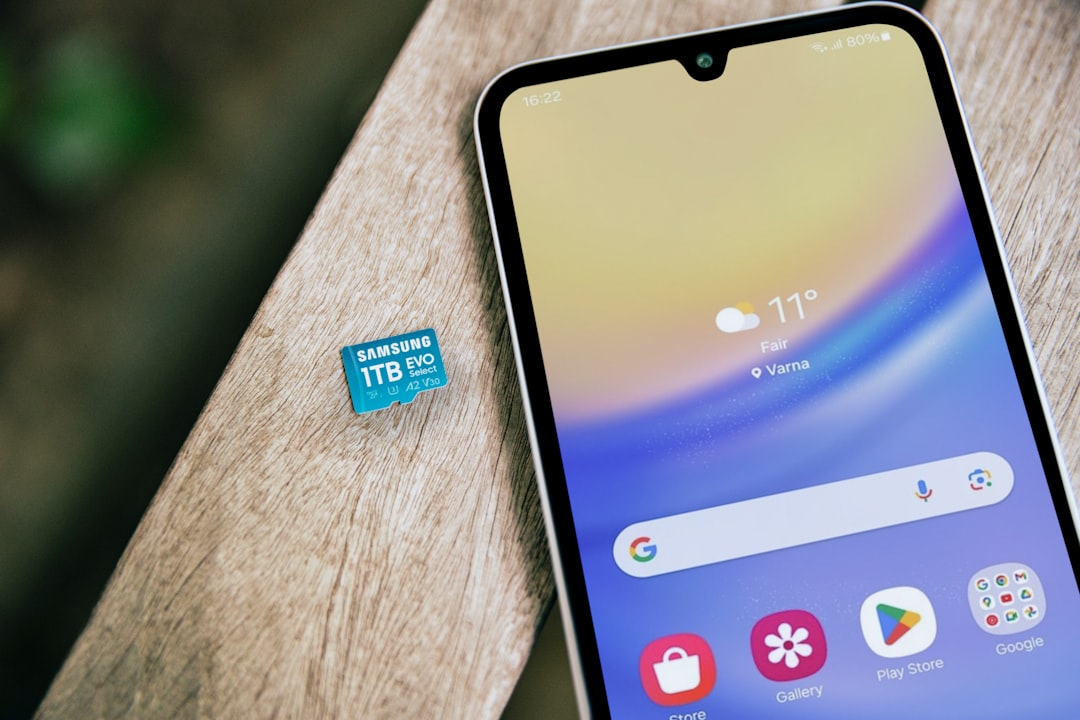Philadelphia's "Do Not Text" laws prohibit drivers from using mobile devices for manual interactions while driving, including texting, browsing, and gaming. These laws also protect residents from unsolicited text messages from law firms or Do Not Text lawyers under the Telephone Consumer Protection Act (TCPA). Residents can opt-out of marketing texts by replying "STOP" and report persistent spam to the Federal Trade Commission (FTC). The laws aim to safeguard communication preferences, blocking deceptive messages and ensuring a safer digital experience. Misconceptions about the laws' scope exist, emphasizing the need for guidance from Do Not Text Lawyers Philadelphia.
“Discover how Do Not Text laws safeguard Philadelphia residents from unwanted text messages. This comprehensive guide unravels the protections offered under these regulations, empowering citizens with knowledge about their rights. From understanding the legal framework to dispelling common myths, we explore the impact of these laws on the city’s digital landscape. Learn why engaging Do Not Text lawyers in Philadelphia is crucial for navigating these privacy protections and ensuring your communication freedoms.”
Understanding Do Not Text Laws in Philadelphia

In Philadelphia, “Do Not Text” laws are designed to protect residents from distracted driving caused by text messaging while behind the wheel. These laws make it illegal for drivers to manually type, press, or send any electronic communication on a mobile device while operating a vehicle. The primary goal is to reduce accidents and improve road safety by minimizing driver distraction.
Understanding these regulations involves grasping that they extend beyond simply texting. Any form of manual interaction with a mobile device, including browsing, playing games, or accessing maps, is prohibited during driving. Philadelphia’s Do Not Text laws are strictly enforced, with penalties for violations ranging from fines to points on driving records. To ensure compliance, residents are encouraged to designate a designated text recipient or use hands-free technology when necessary communication arises while driving.
Rights of Residents: What You Need to Know

In Philadelphia, just like in many other places, “Do Not Text” laws are designed to protect residents from distracted driving and ensure their safety on the roads. However, these laws extend beyond mere driving regulations. Understanding your rights when it comes to communication with legal professionals is crucial. When a resident of Philadelphia receives unsolicited text messages from law firms or Do Not Text lawyers, they have specific protections under the Telephone Consumer Protection Act (TCPA). This federal law restricts automated texts sent for advertising purposes without prior consent.
If you’re receiving unwanted text messages from lawyers in Philadelphia, it’s important to know that you can opt-out by replying “STOP” to the message. This simple step will usually stop all future communications from that specific sender. Additionally, if a law firm or Do Not Text lawyer persists in sending messages after being asked to cease, residents have the right to file a complaint with the Federal Trade Commission (FTC) and seek legal action against the offending party.
How These Laws Protect Philadelphia Citizens

The “Do Not Text” laws in Philadelphia are designed to protect residents from unsolicited text messages, often referred to as spam. These regulations give citizens control over their communication preferences, ensuring they receive only messages they have explicitly agreed to receive. By registering on the city’s Do Not Text list, Philadelphians can prevent legal marketing texts from reaching their devices, keeping their inboxes clutter-free.
This protection is vital for residents dealing with intrusive or misleading text campaigns, especially those related to telemarketing and advertising. The laws empower individuals to set boundaries, blocking unwanted messages that might contain deceptive links, demands for personal information, or aggressive sales pitches. This simple yet effective measure allows Philadelphia citizens to navigate their digital communication more safely and privately.
Common Misconceptions About Do Not Text Laws

Many people in Philadelphia hold misconceptions about how Do Not Text laws protect them and what these laws cover. A common misunderstanding is that these laws only apply to drivers, preventing them from sending or reading texts while behind the wheel. However, this isn’t entirely accurate. While texting while driving is certainly prohibited and heavily penalized, the Do Not Text laws in Philadelphia extend further. They are designed to protect individuals from unsolicited text messages, often used for marketing purposes, that can be intrusive and annoying.
Another misconception is that these laws offer complete immunity from all text-related legal issues. It’s important to clarify that while they do provide substantial protections, they don’t give residents free rein to send or receive any texts they desire. For instance, threatening, harassing, or spammy texts still fall outside the scope of protected communication and can lead to legal consequences. Understanding these nuances is crucial for Philadelphia residents aiming to make informed decisions regarding their text messaging habits.






